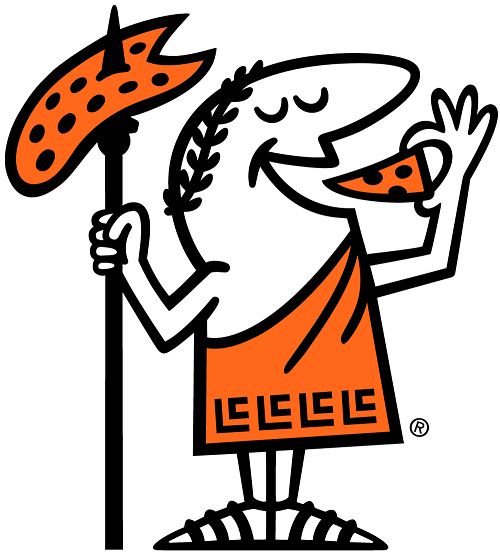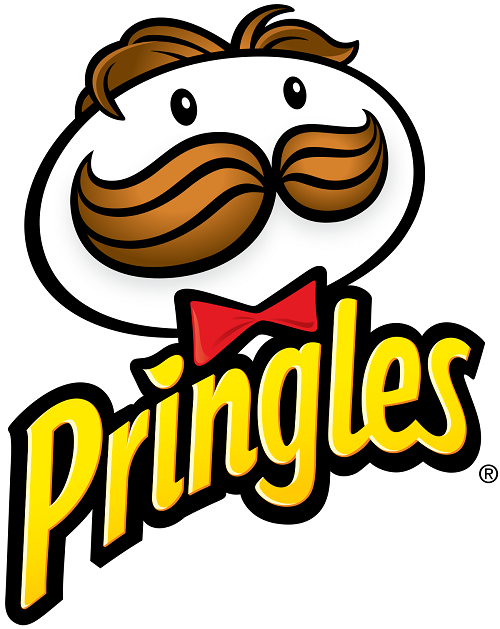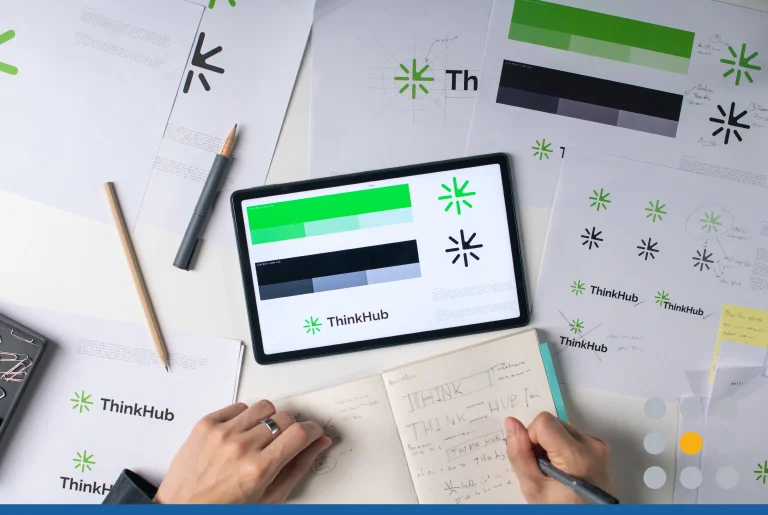When you start designing a new logo, it suddenly feels like every great idea is already taken. You want your brand to stand out, but you don’t want a logo design that’s too overdone or hard to remember. Creating a cartoon logo is a great way to get around this dilemma.
Cartoon logos help you surprise and amuse your audience by showing the light-hearted side of your brand personality. They also give you more creative freedom to come up with a design that’s completely different from what your competitors are doing.
Cartoon logos don’t just appeal to younger audiences. Creating a fun, relatable character makes it almost impossible for people to forget who you are. Follow these essential design tips to dream up the best cartoon logo ideas for your business.
Check Out the Competition
Always aim to set your brand apart from your competitors. Researching other company logos will make it easier to narrow down your ideas, spot trends, and avoid overused concepts.
Make a note of which logo styles are popular among your competitors. Inspired by tech companies, many businesses are using flat or abstract logos that are very minimal in design. You can put common imagery in your logo and still keep it unique by using a cartoon style that gives off a completely different tone from your competitors.
Personify Your Brand Values
Not every cartoon logo has a character. However, creating a mascot is one of the easiest ways to generate fresh ideas and breathe life into the design. You can even change up the mascot’s pose without losing brand recognition.
Try thinking of your business as a person or living thing. What type of personality does it have? What activities does it perform? Make a list of things that are closely associated with your business or brand, such as:
- Products and services
- Type of clients
- Business motto
- Common resources or equipment
- Work environments
- Geographic location
Now, consider interesting ways you can apply human qualities to some of the items in your list. If you’re a vet, you might use one of your animal clients as the inspiration for your mascot. A tailor or dressmaker could transform a button, spool, needle, or dress form into a fun character. If your business is physically distinctive, why not make the building the star of your logo?
Take your brand name into account as well. You can draw connections between your business name and other words that aren’t normally associated with your industry. The cartoon logo for Little Caesars is so effective because the brand name is distinctive from other pizza chains. The cartoon image of a toga-clad Roman man eating pizza never fails to grab attention.

Play Up Your Strengths
Forget about subtlety. Unlike an abstract logo, cartoons should be vivid and illustrative, instead of restrained and symbolic. Use this lively, animated style of art to offer people a concise, engaging explanation of what you do.
What are the most unique or beneficial characteristics of your business? Do you have a catchy slogan? Do you work in a budding industry where there is a lot of room for innovation? What type of experience do you provide for customers? What problems do you solve for them?
Imagine how a caricature artist plays up a person’s most noticeable traits in a portrait. Adopt the same mindset when designing a cartoon logo. This is especially helpful if you work in industries that aren’t traditionally viewed as fun or trendy.
Superior Home Comfort, an HVAC contractor, focused on key benefits the company offers to customers. The logo, which depicts a man relaxing and enjoying a drink, is colorful and straightforward with a clear message. After hiring this company, customers get to enjoy optimal temperature conditions with no worries.
Portray a Scene or Action
While your logo can’t literally come alive, it also shouldn’t look static. Great cartoon logos are dynamic and give the appearance that something is happening. Consider how you can depict a simple action or scene that makes people feel drawn into the moment.
Have the central character or object in your logo performing an action. Look to successful brands for inspiration, such as Crunch Fitness. In this well-known fitness logo, the position of the fingers and the shape of the letters make it seem like the hand is squeezing the text.
Another fantastic example is the rhinocerous cartoon logo for the BlueRhino propane company. The rhino has one foot forward (motion), and his horn is styled to look like a flickering flame (action). While the design is simple, a few small details create an energetic visual.
Choose Balanced Colors
Take time to understand the connotations behind each color. Depending on your culture, colors have strong associations that can influence how people subconsciously think about your brand.
Too much color can also be overwhelming, so it’s a good idea to limit your design to two or three colors. Since cartoon logo designs are vibrant in nature, you can get away with adding more color when it improves the overall look. Here are some ways you can keep the color under control without sacrificing vibrancy.
- Pick complementary colors: Research which colors naturally go well together, such as blue and orange. Color schemes that aren’t complementary may appear off-putting to the eye and ruin an otherwise good design.
- Limit saturation — Planning to use more than three colors? Use less intense colors, or balance out your main saturated colors with lighter and darker hues. Breaking up the color adds clarity to your design, and the final product is less harsh on the eyes.
- Use monochromatic schemes — When possible, use multiple shades of the same color, instead of a different color altogether. Monochromatic schemes still offer brightness and depth, and the gradient effect is visually attractive.
- Use neutrals and negative space — White, black, and neutral tones are useful for spacing out the color in your design. They also help draw your eyes to the focal points of the imagery.

Stay focused on differentiating your brand, and you will turn your cartoon logo ideas into a successful design. Something that begins as a small point of differentiation can become a central part of your brand identity.
Think about a surprise element you can include in your character or scene to make people smile when they see your logo. Once you put more thought into your brand traits, you can find sources of inspiration that only apply to your business.







